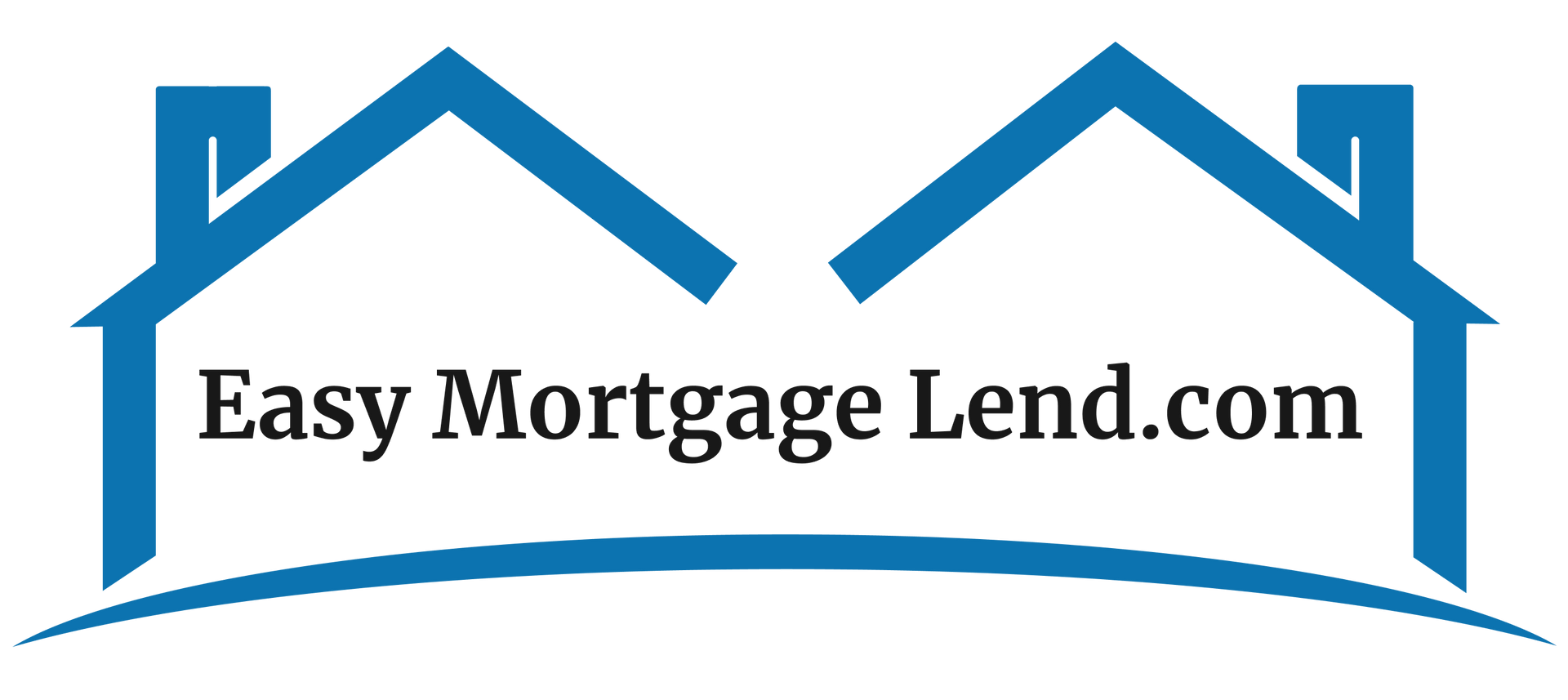Understanding Variable Mortgage Rates
Navigating mortgage rates today can be overwhelming and feel like a bit of a gamble. However, choosing unwisely between closed and variable mortgage rates can undoubtedly cost you more, so it is imperative to understand all the ins and outs of your mortgage options.
This guide will explore the world of variable mortgage rates and how they may benefit you. On the other hand, it may convince you that a fixed or closed-rate mortgage is the way to go.
How Do You Read a Variable Mortage Rate?
Lenders and financial institutions base their current mortgage rates on the Bank of Canada’s latest prime rate. With variable mortgages, you may see options listed as prime + or - a percentage.
For example, if the prime rate is 5%, and the variable mortgage rate is prime + 0.5%, your overall rate will be 5.5%.
Your mortgage agreement will clearly state your agreed-upon interest rate over or under prime, but will only reference “prime” rather than the current prime rate as a number.
Is a Variable Rate Mortgage a Good Idea?
Mortgage brokers recommend variable-rate mortgages because they tend to have fewer interest costs than fixed-rate mortgages over the long term. However, you will pay more should the Bank of Canada raise the prime rate, and you never know when that could happen.
For instance, a fluctuating economy with a risk of a recession may see several prime rate increases that would leave homeowners paying more than a lower fixed rate.
It may also be beneficial if you plan to make additional mortgage payments to reduce your principal, then you can pay down your balance quicker with a variable rate if your budget allows. With a fixed mortgage rate, you must wait until your term is up for renewal to pay down the mortgage’s principal amount.
What Are the Disadvantages of a Variable Rate Mortgage?
Further to paying more interest with prime rate increases, your mortgage payments may unpredictably increase and make budgeting rather difficult. For some families, larger mortgage payments can create tremendous strain, forcing them to cut back on other expenditures.
So, if you don’t enjoy monitoring current mortgage rates or perhaps have a limited budget for expenses, a variable-rate mortgage may not be for you. Some people find it too much stress or work to continually monitor mortgage rates today.
Another disadvantage of variable-rate mortgages is that they may not be portable if you sell your home— which means that you will have to renegotiate your mortgage rates instead of carrying the current rate over to your new financing.
What Happens to Variable Rate Mortgages When Interest Rates Go Up?
Your mortgage agreement will always remain with the same percentage above or below prime as the prime rate fluctuates. So, should the Bank of Canada’s prime rate increase, your next mortgage payment will reflect the change. Visa versa, your mortgage payment will decrease along with the lowering prime rate.
Remember that you can always switch your variable rate mortgage over to a fixed rate as long as your term is equal to or greater than the remaining amount on your variable mortgage.
Use a Mortgage Broker to Navigate Current Mortgage Rates
Professional mortgage brokers, such as those at
EasyMortgageLend.com, keep close tabs on market trends and can help you make the wisest and most well-informed mortgage decisions possible. Their experienced staff in Markham, ON., understand the intricacies of rate shopping and what type of mortgage best suits your goals and financial needs.
Take all the guesswork and worry out of selecting the right mortgage and schedule your consultation
online or call
647-895-3921 today.











